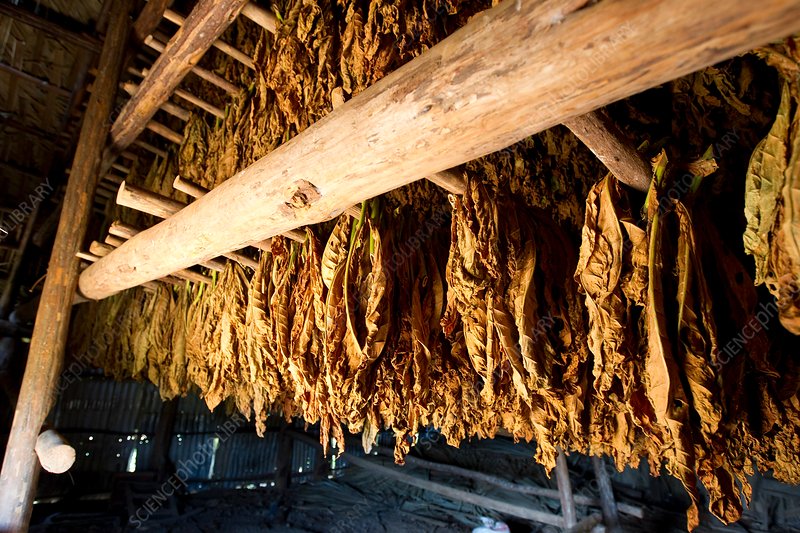
BY SIMBARASHE SITHOLE
SMALL-SCALE tobacco farmers have been urged to raise their barn capacity and technical efficiency to improve the quality of their crop.
“For small-scale tobacco farmers to improve their yields, they should first of all improve their barn capacity. This should be done before tobacco harvesting commences,” Mashonaland Central regional agronomy co-ordinator Lazarus Gatawa told NewsDay yesterday.
“The barns should be well-ventilated to allow for an upward heat movement driven by air current from outside. An efficient barn should also have tiers that are well spaced; 90cm to 100cm vertically and 200cm horizontally. Along the tiers, strings or clips should be hooked a farm brick length size apart to allow for air movement.”
The agronomist also encouraged tobacco farmers to have at least two barns.
“Small-scale farmers should have at least two barns per hectare with a holding capacity of 400 to 500 strings of reaped tobacco for good quality leaf cure, which also fetches favourable floor prices. They should also repair their barn furnaces and install a cheap V-slot system that will reduce the cost of biomass energy requirements for coal and fuelwood by 40%,” Gatawa said.
“Field trials have been successfully conducted in Chiweshe and Mazowe districts. Farmers improved their average prices from an initial US$2 per kg to above US$3 per kg because they improved their barn systems. Improved barns also give reduced quantity of scrap material and farmers managed to produce 3 000kg of tobacco per hectare.”
He said barns of good capacity and efficiency could use less coal and firewood, which he said was a boon for small-scale farmers.
- Chamisa under fire over US$120K donation
- Mavhunga puts DeMbare into Chibuku quarterfinals
- Pension funds bet on Cabora Bassa oilfields
- Councils defy govt fire tender directive
Keep Reading
Gatawa urged farmers to plant trees for sustainable tobacco practices.
“Farmers are also required to be planting trees every season, particularly the fast growing eucalyptus species, in contribution to their sustainable tobacco production in firewood supplies.”
He said farmers that had high yields, but low efficiency barns risked fetching low prices at the floors due to poor quality.
“The trend is that they will overpack their barns and the outcome is poor leaf quality with a lot of spongy bad leaf styles. To that effect, farmers are being encouraged to seek advice from their nearest field officers on the correct methods of improving their barns,” Gatawa said.
“Well repaired tobacco barns, coupled with good agronomy practices will result in high quality tobacco leaf, a push factor for good profits from the tobacco farming business.”
Many farmers in the province’s eight districts grow tobacco as their main cash crop.
- Follow Simbarashe on Twitter @SimbaSitho










